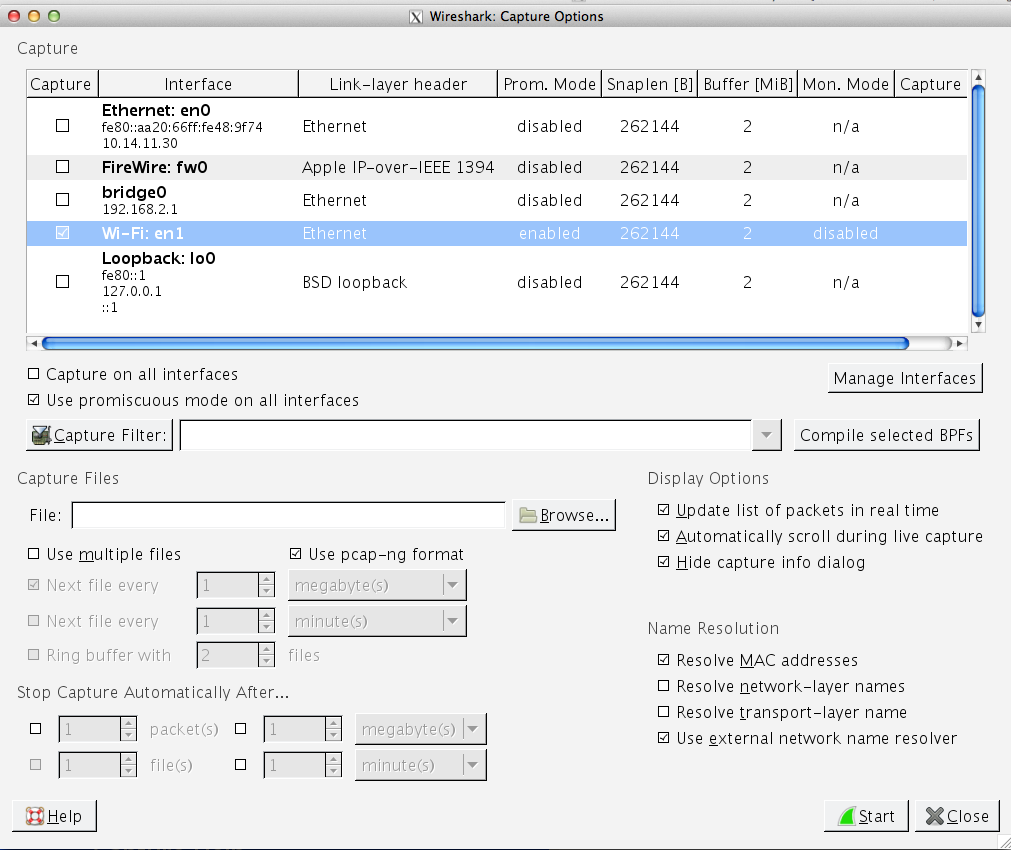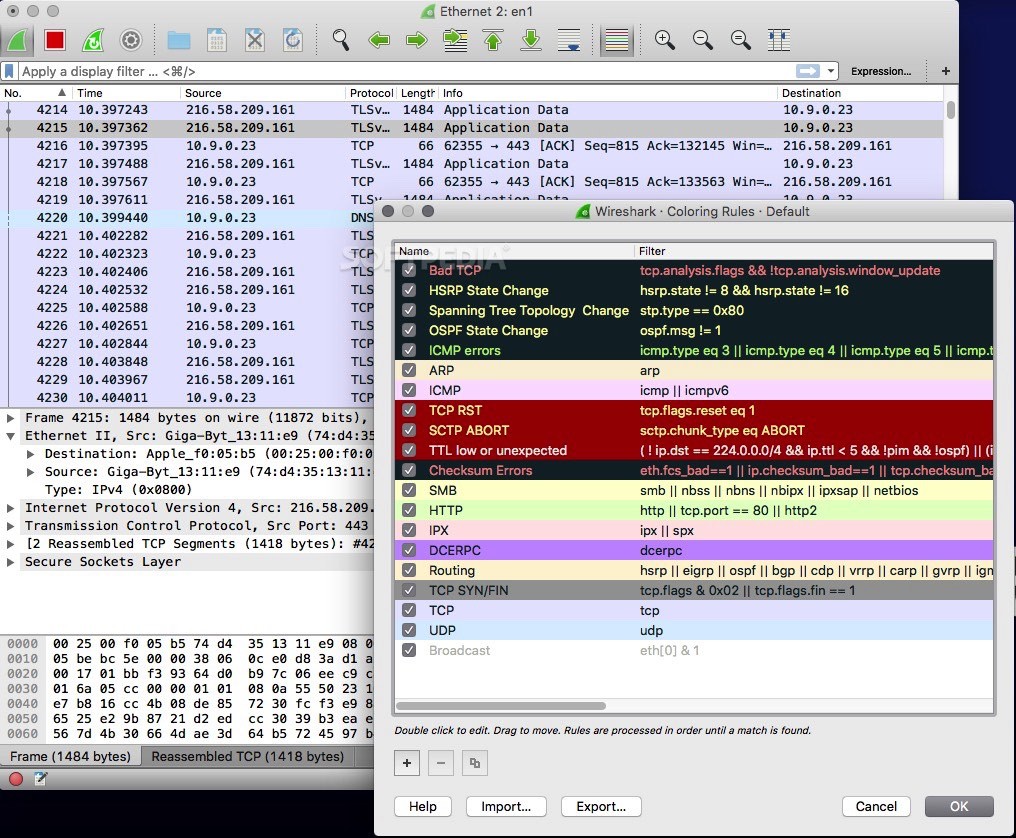

If the server is to be exposed to the WAN, it is recommended to change the default port from 22 to a random higher one like this: To have sshd use a particular key, specify the following option: Four key pairs are provided based on the algorithms dsa, rsa, ecdsa and ed25519. Public and private host keys are automatically generated in /etc/ssh by the sshdgenkeys service and regenerated if missing even if HostKeyAlgorithms option in sshd_config allows only some. from the /etc/issue file), configure the Banner option: To allow access only for some users, add this line: Whenever changing the configuration, use sshd in test mode before restarting the service to ensure it will be able to start cleanly. Sshd is the OpenSSH server daemon, configured with /etc/ssh/sshd_config and managed by rvice. For example -oKexAlgorithms=+diffie-hellman-group1-sha1. Some options do not have command line switch equivalents, but you can specify configuration options on the command line with -o. With such a configuration, the following commands are equivalent All options can be declared globally or restricted to specific hosts. The client can be configured to store common options and hosts. If the server only allows public-key authentication, follow SSH keys.

5.4 "Terminal unknown" or "Error opening terminal" error message.5.3 ": No such file or directory" / ssh_exchange_identification problem.5.2.6 Read from socket failed: connection reset by peer.5.2.5 Your ISP or a third party blocking default port?.5.2.4 Is the traffic even getting to your computer?.5.2.3 Are there firewall rules blocking the connection?.5.2 Connection refused or timeout problem.
XQUARTZ WIRESHARK VERIFICATION

3.3.3 Protecting against brute force attacks.3.3.2 Two-factor authentication and public keys.


 0 kommentar(er)
0 kommentar(er)
